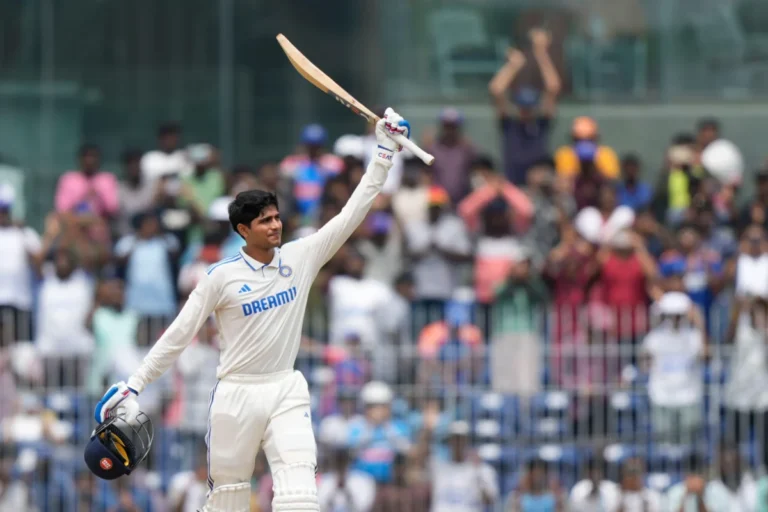
DENVER — Jose Altuve climbed another rung in the Houston Astros’ record book ladder on Wednesday night in Denver.
With a bunt single in the first inning and a two-run single in the sixth inning against the Colorado Rockies, Altuve recorded his 2,314th and 2,315th career hits, bypassing Hall of Famer Jeff Bagwell (2,314) for the second-most hits in Astros history. Altuve, however, is still far behind another Hall of Famer at the top of Houston’s hit list, Craig Biggio, with 3,060.
Among active MLB players, Altuve trails only Freddie Freeman of the Los Angeles Dodgers, who had 2,351 hits heading into Wednesday’s action.
Now in his 15th MLB season, the 35-year-old Altuve is signed with the Astros through the 2029 campaign. He will turn 39 that season, raising the possibility of him reaching 3,000 hits during his illustrious career.
Heading into Wednesday’s action, Altuve had averaged 197 hits per 162 games. If he continues at that pace (he had 185 hits last season in 153 games), he could be at or around the 3,000-hit mark when his current contract expires.
Of the 23 current players MLB.com detailed who could have a shot at 3,000 hits before their career ends, Altuve “was the fastest to 1,500 hits (1,190 games) and the only one who got there faster than the 3,000-hit club’s average.”
Only 33 players in MLB history have totaled 3,000 or more hits. Miguel Cabrera was the most recent when he recorded a single as a member of the Detroit Tigers on April 23, 2022.
If Altuve reaches 3,000 hits, it will add to what could be a very interesting and polarizing Hall of Fame candidacy. After all, as MLB.com’s David Adler writes of the 3,000-hit club, “nearly all of the 33 members are Hall of Famers or soon-to-be Hall of Famers, or are locks for Cooperstown once they retire.”
Altuve certainly has Hall of Fame-worthy numbers, but was a part of the Astros team that was implicated in a sign-stealing scandal during the 2017 campaign. Altuve expressed remorse for the 2017 incidents just before the 2020 season was scheduled to begin, but it was eventually delayed due to the COVID-19 pandemic.




